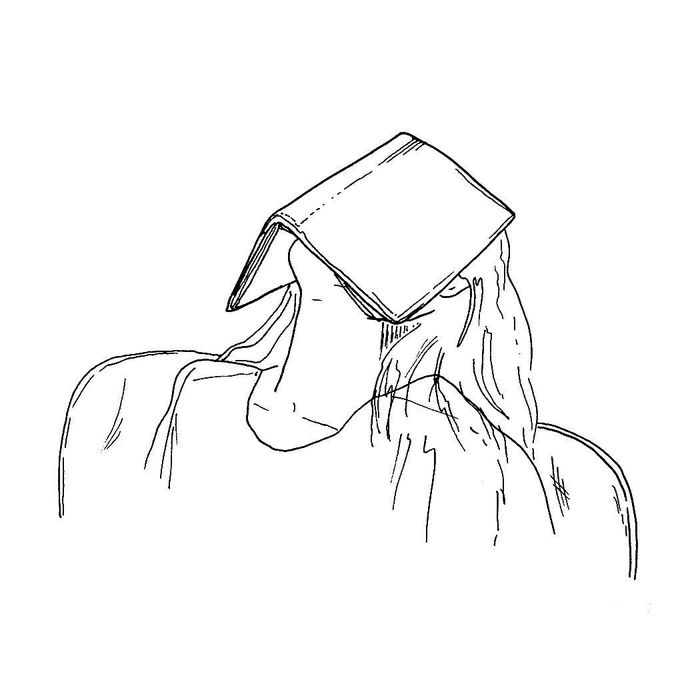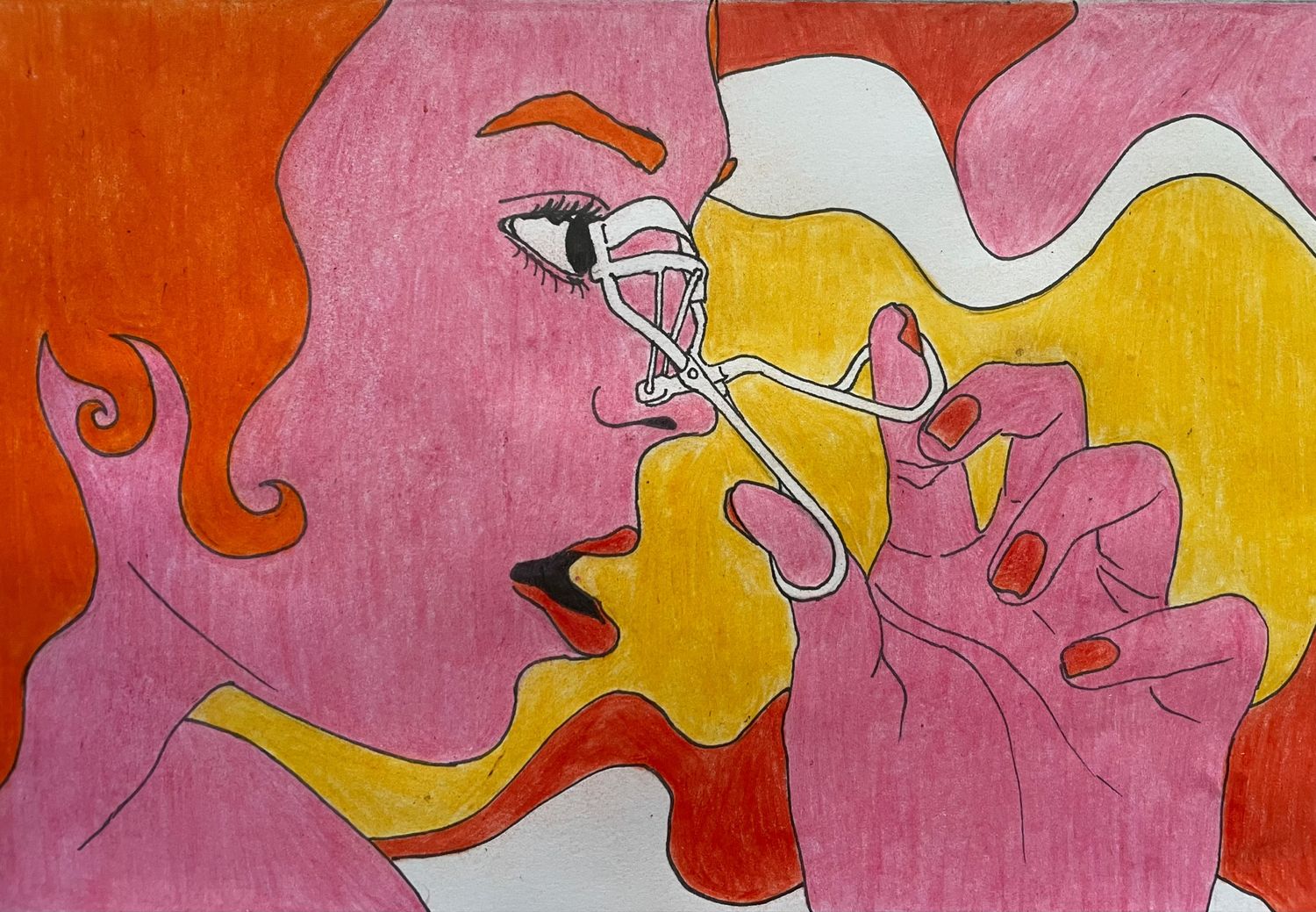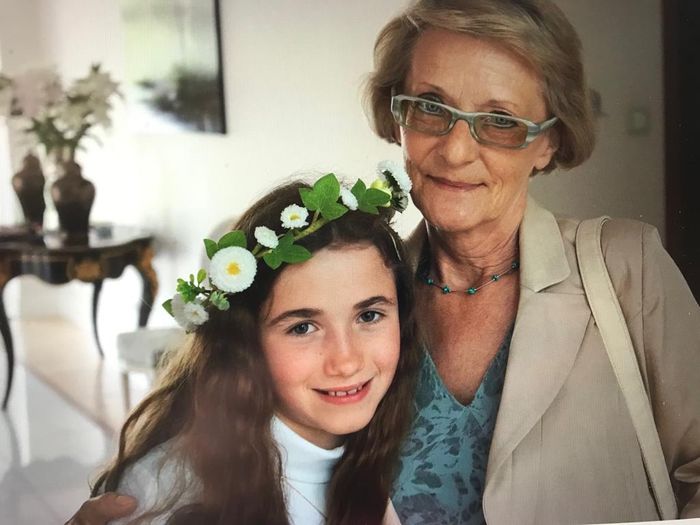Features Editors’ picks for the year
Looking back through a year of Features content, the standing Editors pick their highlights from the section

Lewis Andrews, Senior Features Editor
Although Features as a section is uniquely intimate, ensuring that there are numerous articles which I responded to with a sense of attachment, Akshata Kapoor’s article entitled ‘Reading in the Margins’ stands out for me. I remember reading it in my faculty library, acting out the very experience it describes, where she considers the scribblings and histories attached to a second-hand text as it trundles through time. “I wonder what the person who drew an exclamation mark alongside this quote was thinking… it’s reassuring to hear their unassuming input from afar… I would not otherwise have seen this…” She democratically celebrates the varied responses to a text, where each individual voice in the margins is a window into another’s approach. Delicate, wistful prose almost calls for the article to be imaginatively perceived and interpreted as a literary work too. Our section’s endeavour should be akin to this process: giving voice to observations, annotations and thus opportunities. As the article reminds me, the reconsiderations and possibilities that otherwise lie in the margins must be brought centre-stage.
Tanya Singh, Deputy Features Editor
Having spent much of my life feeling somewhat out of place in whichever social setting I was in, Aleena Islam’s ‘What’s your coconut score?’ strongly resonated with me. Exemplifying the deeply personal writing that makes up Features, it is a source of great solace for me. My overwhelmingly non-brown social circle at Cambridge occasionally makes me feel adrift and yet I never truly felt at ease in secondary school either, despite spending my adolescence surrounded by people that looked like me. Aleena’s experience of small, every-day cultural things, which either add to or detract from her ‘coconut score’, wonderfully embodies the identity crisis that many of us often encounter. She encapsulates the complexity of culture and gracefully demonstrates the versatility of self-conception. I too was obsessed with trying to neatly categorise myself, whether that be a culturally enriched Indian or with grudging acceptance, a whitewashed one. But the concepts discussed in her article challenged my approach, as attempting to find stability within them is a difficult task. I came to accept that cultural identity is “complex and beautiful for each individual”, and that as confusing as it all may be, it can be just as delightful!
Hannah Gillott, Senior Features Editor
At Features, I have always found the best writing to be that which makes an emotion you have always felt at once enlightened and clear, and yet foreign in its arresting examination. One article which did this for me was Tabitha Chopping’s ‘Why I curl my eyelashes before I sleep’. Like Tabitha, I have dabbled in the aesthetic of empowerment. Unlike Tabitha, I never actually got around to reading the pastel pink ode to womanhood (for me, ‘My body, my home’), which taunts me with its unbroken spine as I pack and unpack it in my ritualised dressing and undressing of my Cambridge and London homes. Tabitha’s article spoke to the Hannah who bought that book: eager to learn, and angry at a world which, as the article so eloquently lays out, calls on women to view themselves through an internalised patriarchal lens. Having never felt at peace with so-called ‘choice feminism’, ‘Why I curl my eyelashes before I sleep’ reignited my lost issues with it, having been buried under the pile of dresses at the bottom of my wardrobe, a patriarchal standard I have been striving to adhere to, and, of course, and eyelash-curler. Tabitha’s article made me pick up my book, and snap its spine in two.
Erik Olsson, Deputy Features Editor
The vulnerability and self-compromise a Features article asks of a writer is uniquely daunting. Even this exercise feels mildly distressing. As an editor you routinely have to assess pieces by those brave and willing enough to be unshielded so publicly, yet in the process sacrifice so little of yourself. It’s a relatively detached, dispassionate position. This role reversal then feels particularly jarring. Cynicism and triviality would be easy antidotes, but it wouldn’t be in the spirit of the article. One piece which particularly caught me was Inès Magré’s “On long distance loss”. An elegy to a lost loved one who had been diagnosed with cancer, it resonated with me at a time I too was grieving the loss of my grandma from afar. Inès’ powerfully writes on the difficulty of sustaining long-distance relationships which have been darkened by sickness and ill-health. She touches on the almost mathematical practice of determining when you might next see them alive, and the corresponding calculation that you may have already hugged them for the last time. As Inès herself concedes, she offers no conclusion, but there is little purpose attributing a solution to the abstract. Features affords its writers that privilege.
 Features / Should I stay or should I go? Cambridge students and alumni reflect on how their memories stay with them15 December 2025
Features / Should I stay or should I go? Cambridge students and alumni reflect on how their memories stay with them15 December 2025 News / Cambridge study finds students learn better with notes than AI13 December 2025
News / Cambridge study finds students learn better with notes than AI13 December 2025 News / Dons warn PM about Vet School closure16 December 2025
News / Dons warn PM about Vet School closure16 December 2025 News / News In Brief: Michaelmas marriages, monogamous mammals, and messaging manipulation15 December 2025
News / News In Brief: Michaelmas marriages, monogamous mammals, and messaging manipulation15 December 2025 Comment / The magic of an eight-week term15 December 2025
Comment / The magic of an eight-week term15 December 2025













